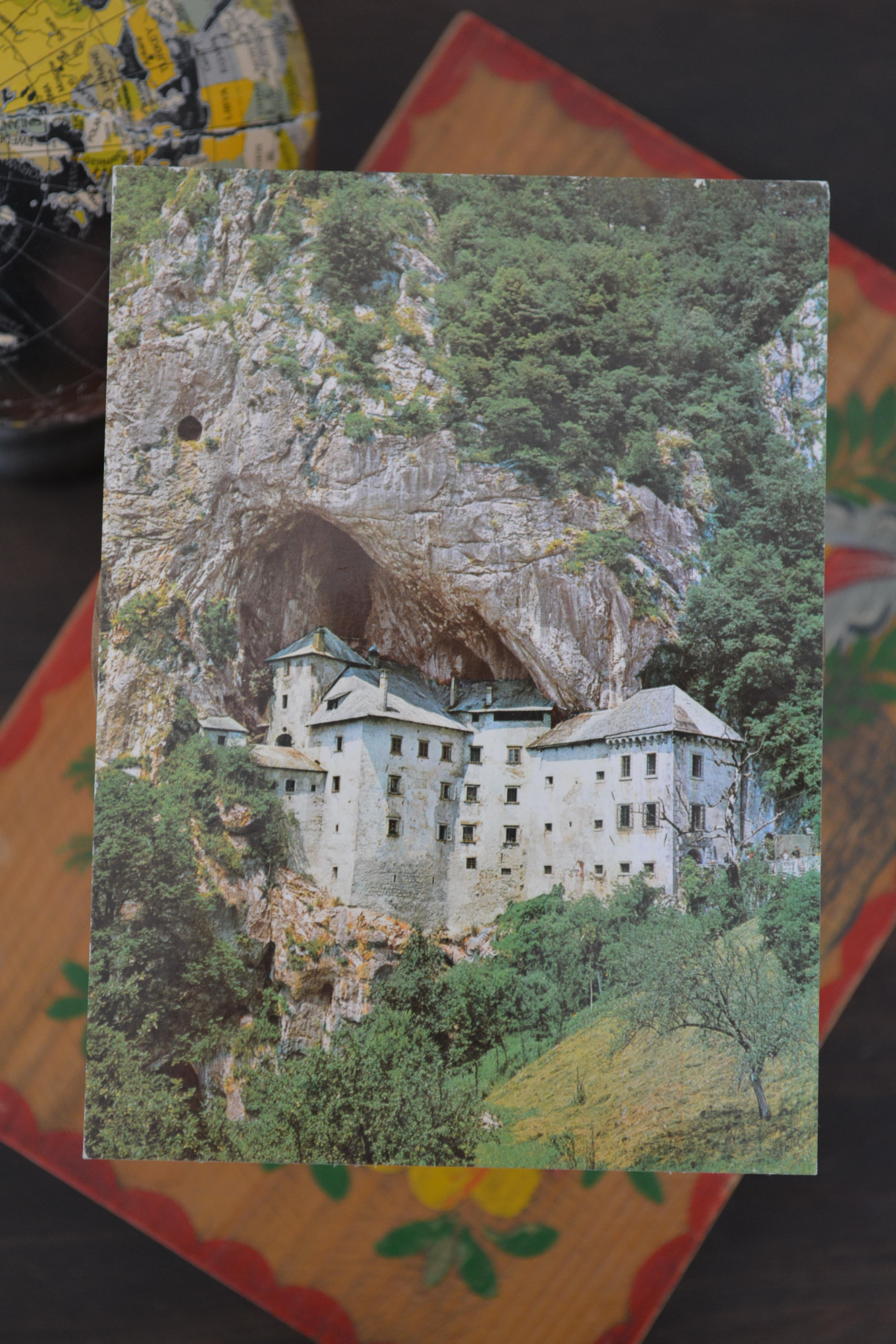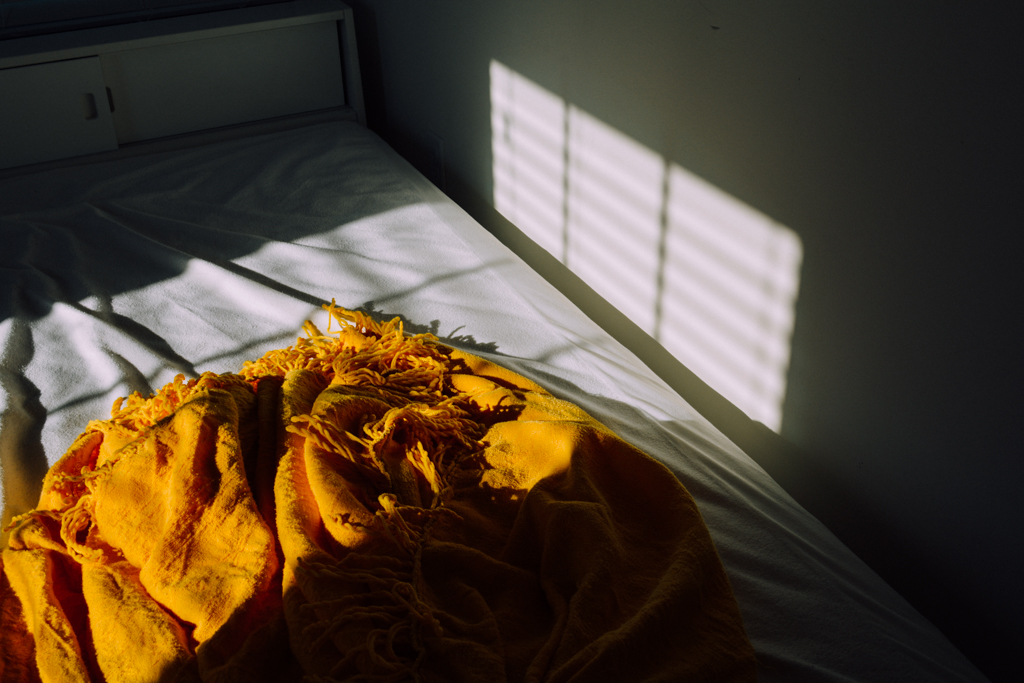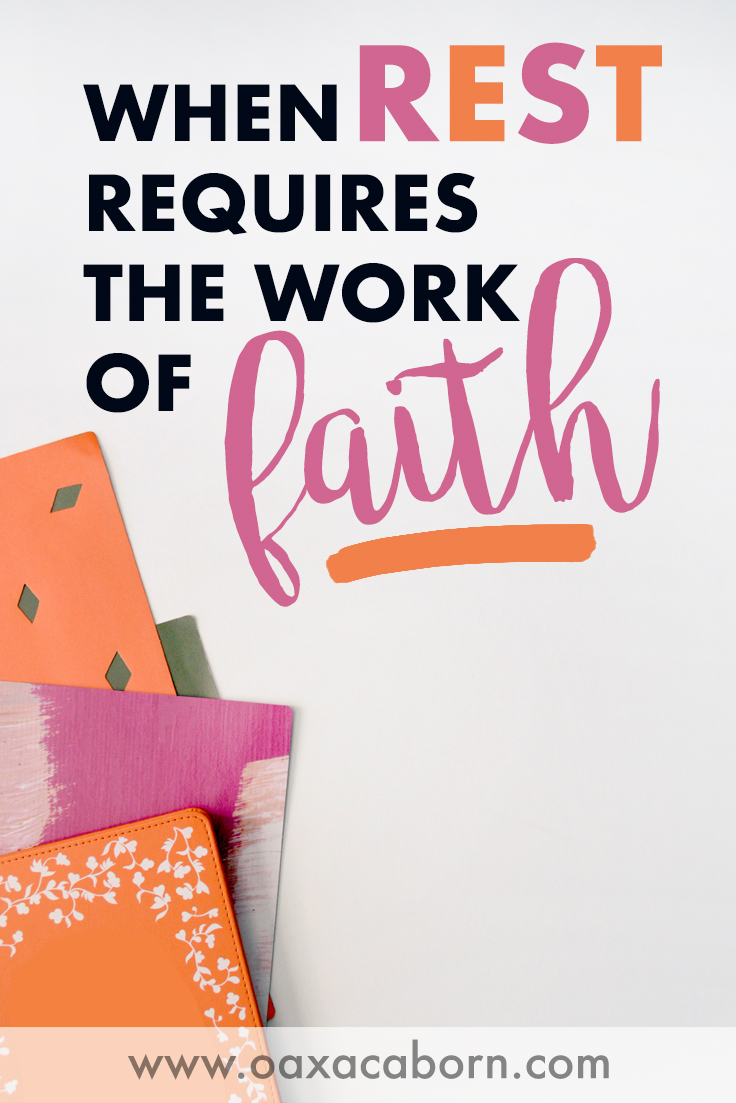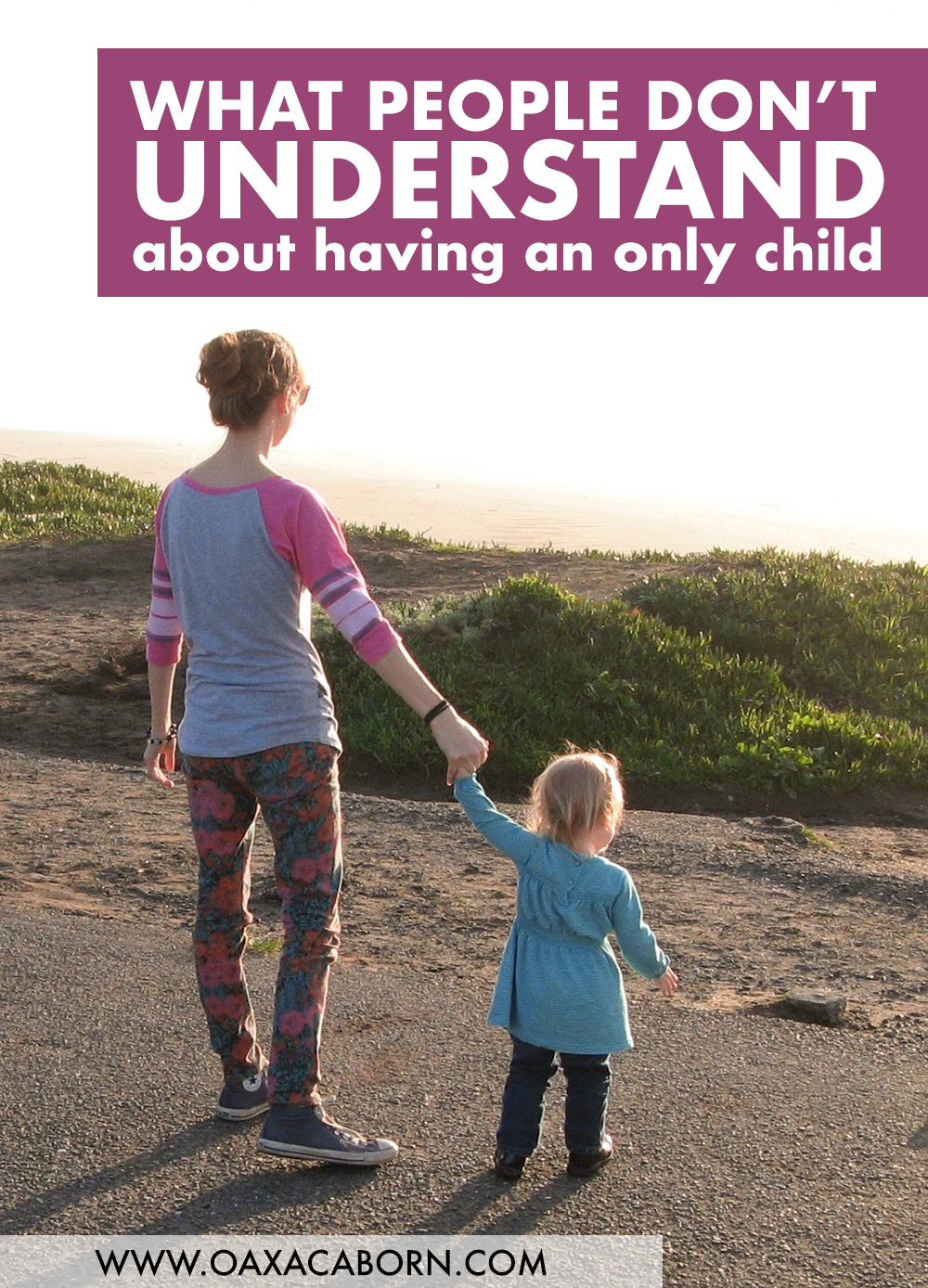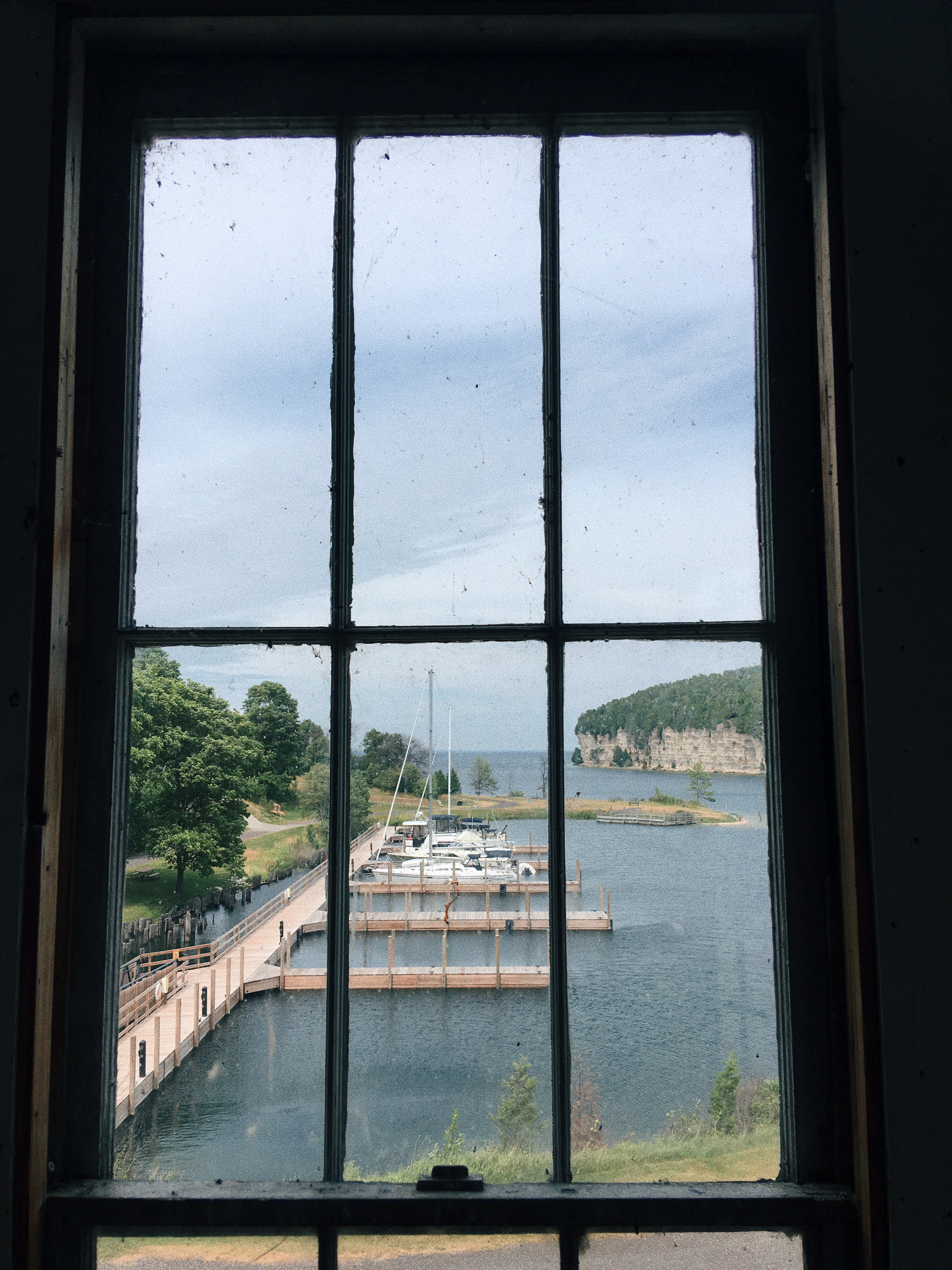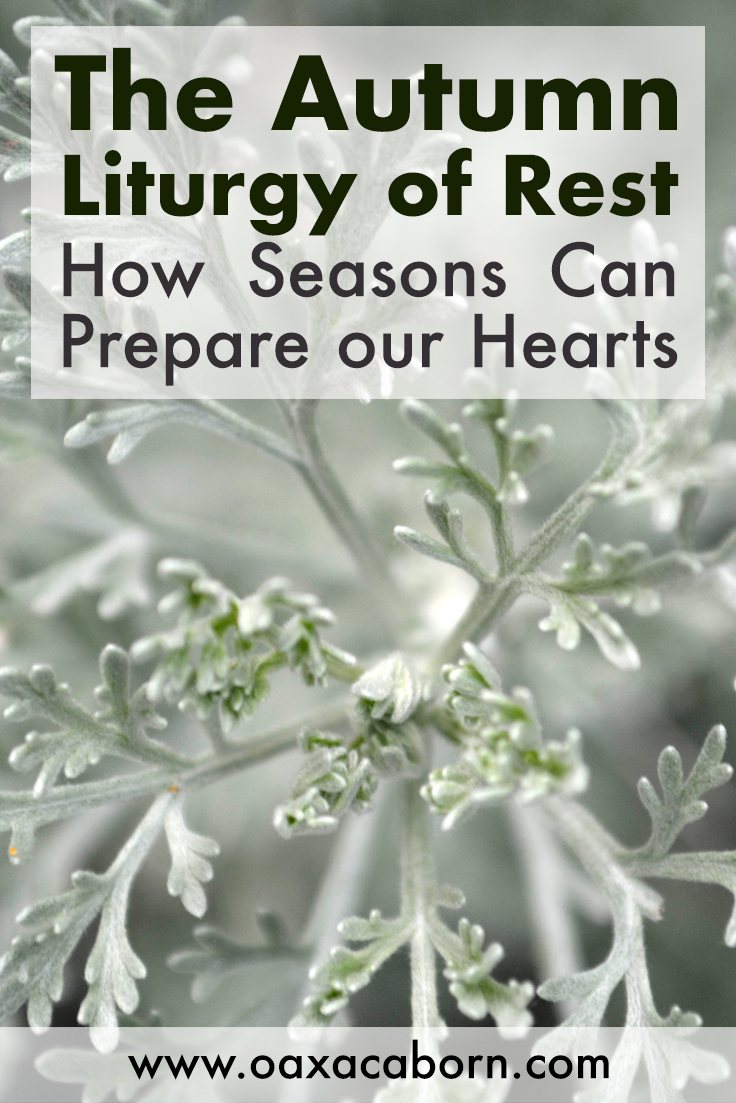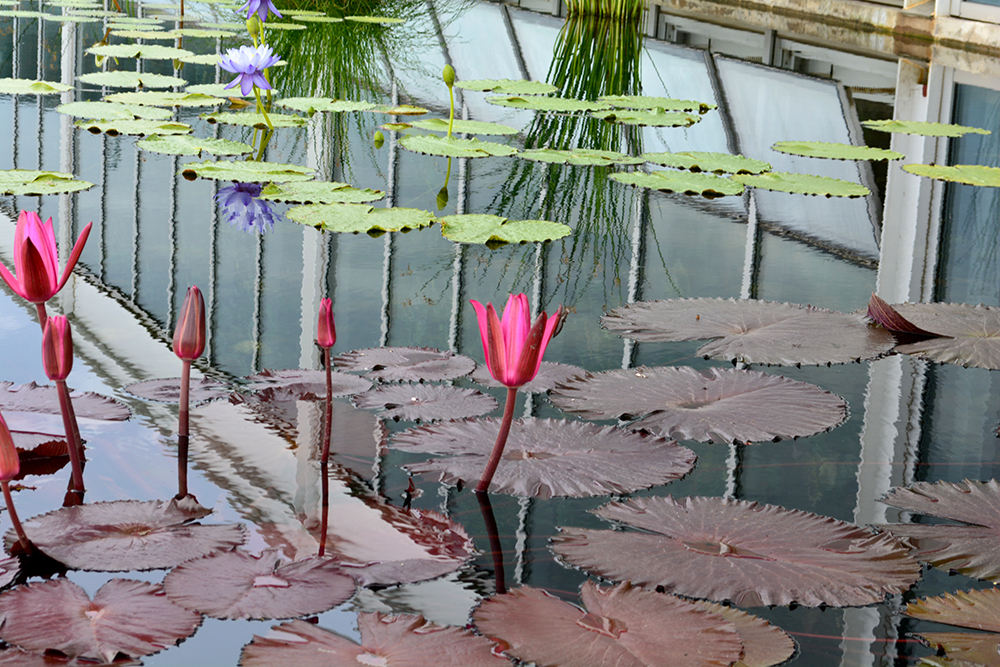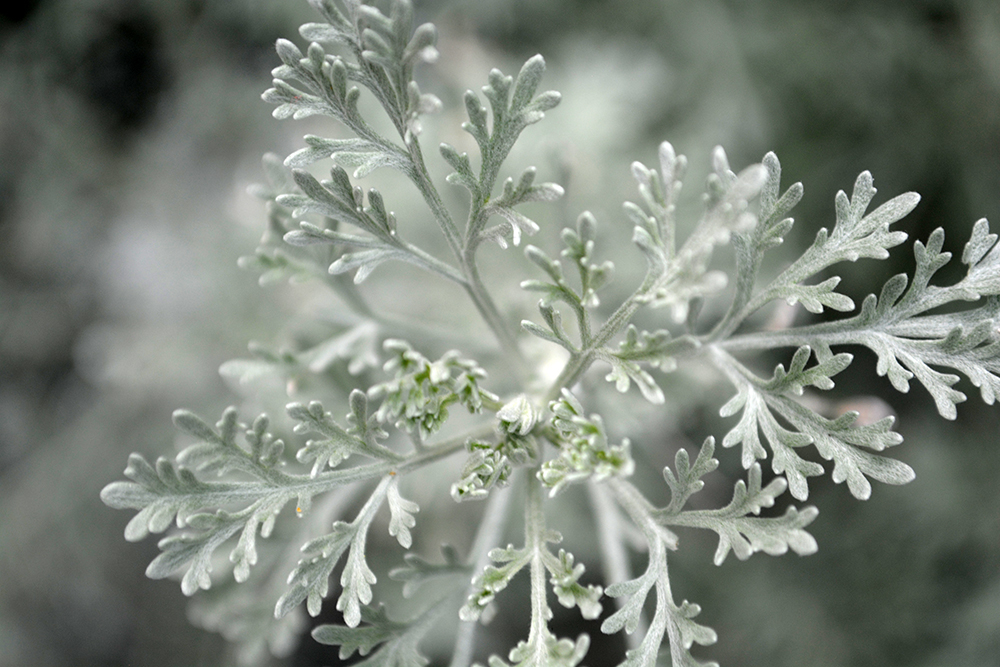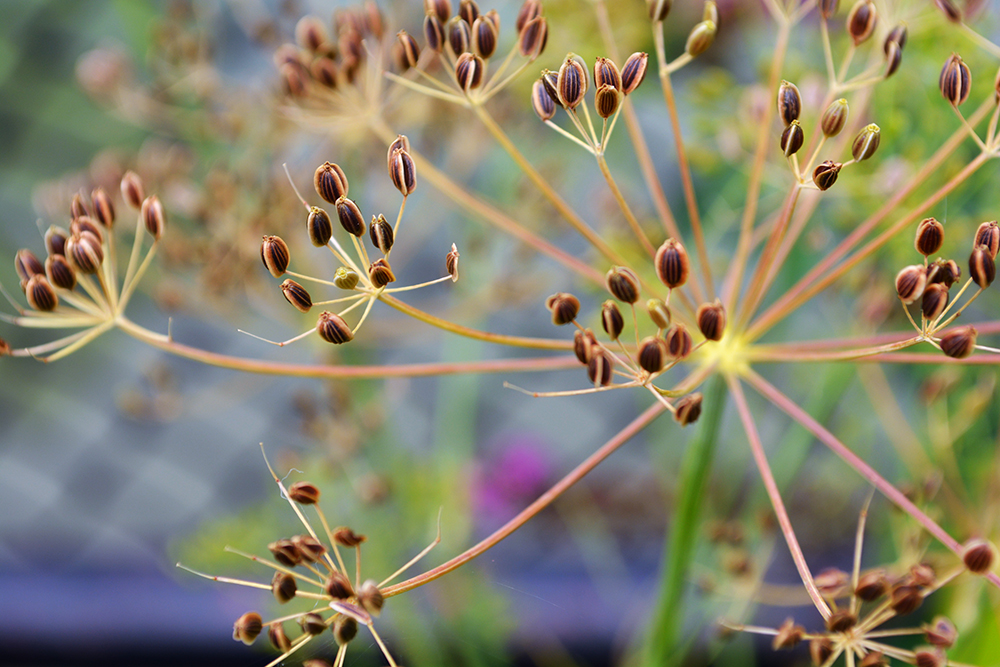
I’m in her bathroom, sighing at the wasted toothpaste carelessly squeezed from the sticky tube, the splashed water, the dozen unclipped plastic barrettes dropped near the container, the towel on the floor. I don’t see the shaft of light, the breakthrough, the miracle. I only see the stony ground.
But from the living room, I hear her singing the catechism. Her voice soars, light, innocent, and the winged notes swirl and pierce into my blindness, my preoccupation, my heart complaining though manna is raining all around.
I too often see only wilderness with my blinded eyes, but these rust-colored tiles and this lumpy berber — this can be hallowed ground.
The light does not require a perfect vessel in order to shine brightly.
I fold the towel over the rack and wipe off the faucet and bend down closer to the earth and she sings, “Can anyone hide in secret places / so that I cannot see him? / Do not I fill heaven and earth / declares the Lord?”
Here, earth. He fills this place.
This can be hallowed ground.
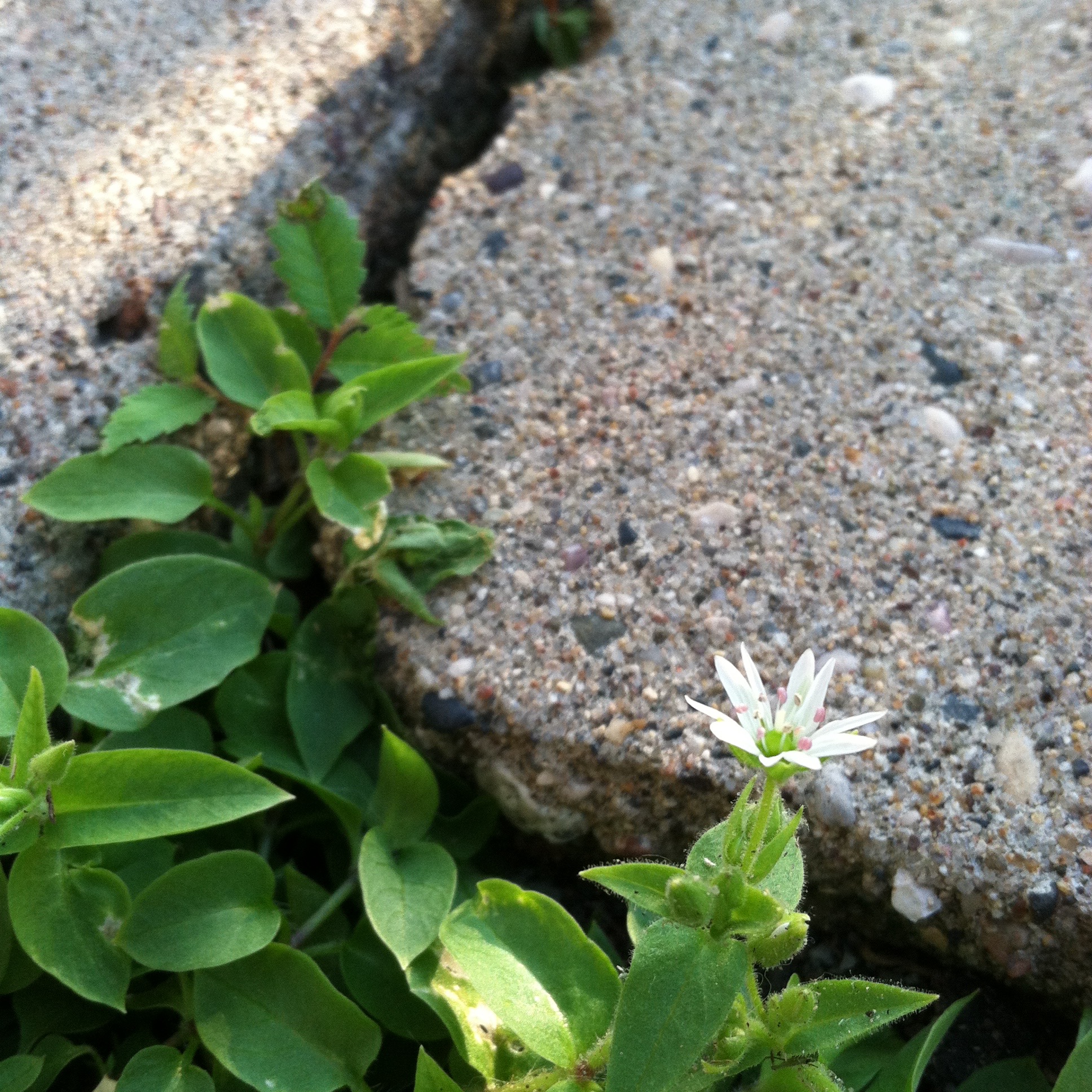
I stoop to retrieve the dropped towel.
She is still singing, “The eyes of the Lord are in every place / He sees their every step / His eyes are on the way of man.”
And I lower my eyes. My heart takes it all in. He is already here. He is waiting, standing next to me always, just patiently waiting for me to turn my eyes to Him and sing His truth.
How often do we, in our self-centered, blind-mole ways, invite God into our presence, when the opposite should be true? Our lives would be transformed if we stopped repeating by rote — “Lord, be present here” — and turned around and looked up and stretched out hands to the waiting Savior and said, “Lord, open our eyes to your constant presence.” It’s not “Lord, lead us”, as much as it should be “Lord, open our eyes to your leading.”
Make us willing to be led, for You are always willing to lead.
I turn off the bathroom light, ignoring how sticky it is. I think of how we are to be like children if we are to enter His kingdom. (“Where is His kingdom?” she asked me yesterday. “Here and heaven, right, mumma?”) I walk past the last vestiges of Christmas — a strand of lights I’m not yet ready to put away — and I think of how poetess Luci Shaw is always reminding us that infancy was only the beginning of incarnation. We celebrate the infancy with pomp and circumstance, forgetting that it leads to Good Friday, and we mourn Good Friday forgetting that it leads us to the Resurrection.
Redemption does not end at the manger, thank God. The earth-rending story of redemption — begun long before — was brought into view there, set into motion, changing everything forever.
Epiphany reminds us of that. Epiphany, the dramatic appearance. The manifestation. The precursor to the second glorious appearing, which would be rendered powerless without the first. Yet like the travelers on the road to Emmaus, we miss it sometimes. He is in our midst, resurrected, incarnate, hands outstretched, and we look past Him.
Epiphany reminds us that God is flesh. God with us. God is among us. God appears as is His Son, born to be king, born to be pierced, born to die. The Man Jesus acquainted with grief, no stranger to sorrow, rejected by so many. Born to be Light Eternal not just for the Jewish people in that Middle Eastern town, but to be my Redeemer, my Light Eternal too.
And then Epiphany reminds me, too, that he grew. He stood in the river and spoke to John. He showed up at Cana, and how could they forget that? Those who walked shoulder to shoulder with Him, those whose sandals were streaked with the same dust and the same splashes from the River Jordan, they missed Him too. Even when God sent a dove, opened the heavens, and said “Look! Open your eyes. It’s HIM. You’ve been waiting. This one here. He’s the one. Don’t miss Him” — even then, some still missed Him.
And we miss Him, over and over and over and over again. Like the wanderers in the wilderness, like the once-rescued, twice-forgetful, like the disciples, we are stumped and we don’t know where He is and we ask Him —
“But Jesus! Did we ever see You?”
And He says, “When your world was rocking and you were sure you’d drown, I was asleep, right near you, in the very same boat on the very same sea.
And it was I, underneath that dove, in the river, when you were craning your neck elsewhere, searching for Messiah.
It’s Me every time you read, Word-made-Man.
It was Me at Emmaus.
It was Me in the other room, waiting to take your weary burdens, when you were making yourself sick with stress over preparations.
It is Me in the poor, the sick, the imprisoned, the fatherless, the ones with no voice, and the ones with a voice to which you’ve turned a deaf ear.
It was Me, this morning, in your living room, when you were grumbling about the dirty bathroom and your daughter was singing, head tilted toward Me, face up against the veil, in my presence, kneeling on holy ground.
It was Me.
I am.”
And I put away my cleaning rags, and lay down my pride, and walk into the living room, and ask that I, too, might see.
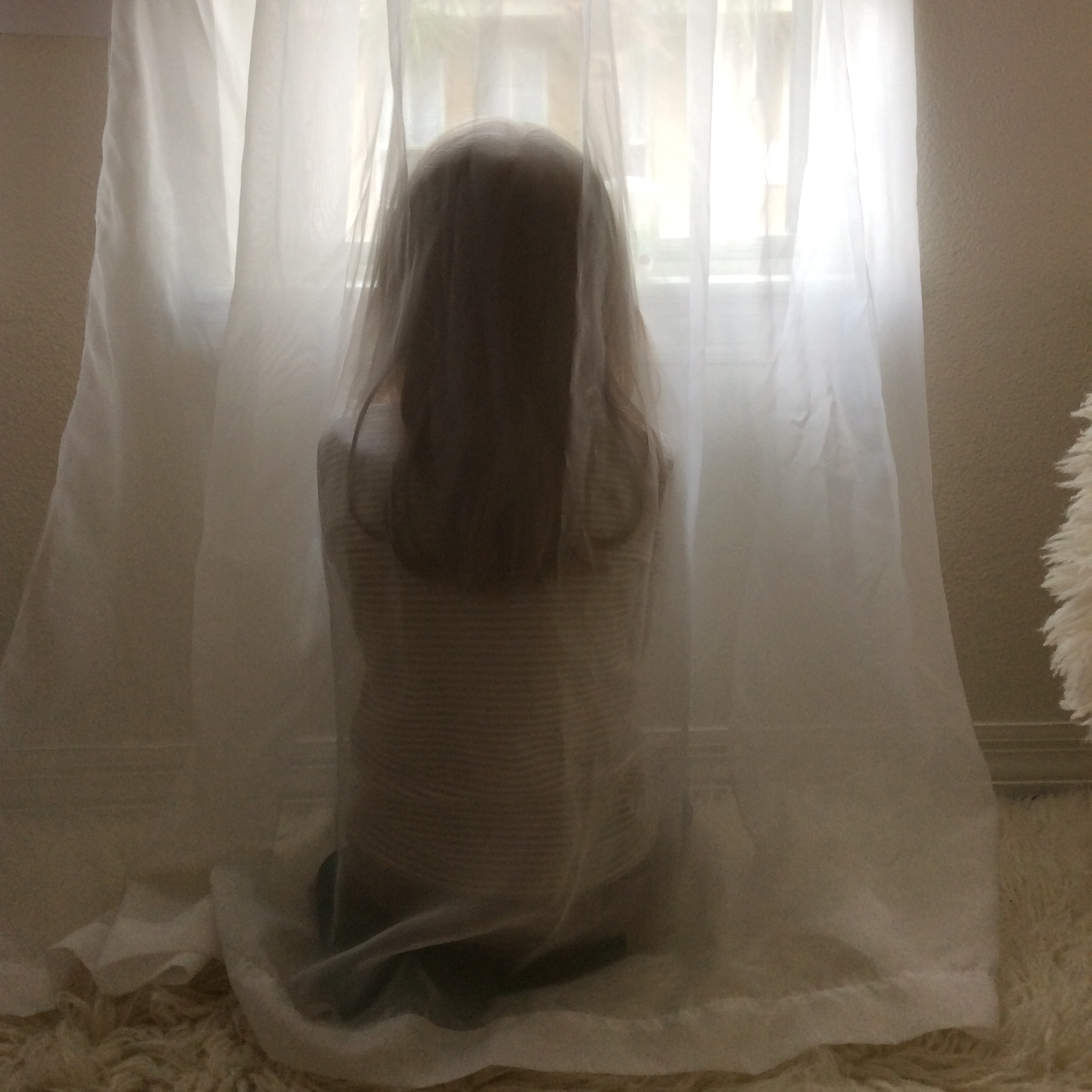
—
Want more updates? Click here to follow along with https://www.facebook.com/oaxacaborn/Oaxacaborn on Facebook.
